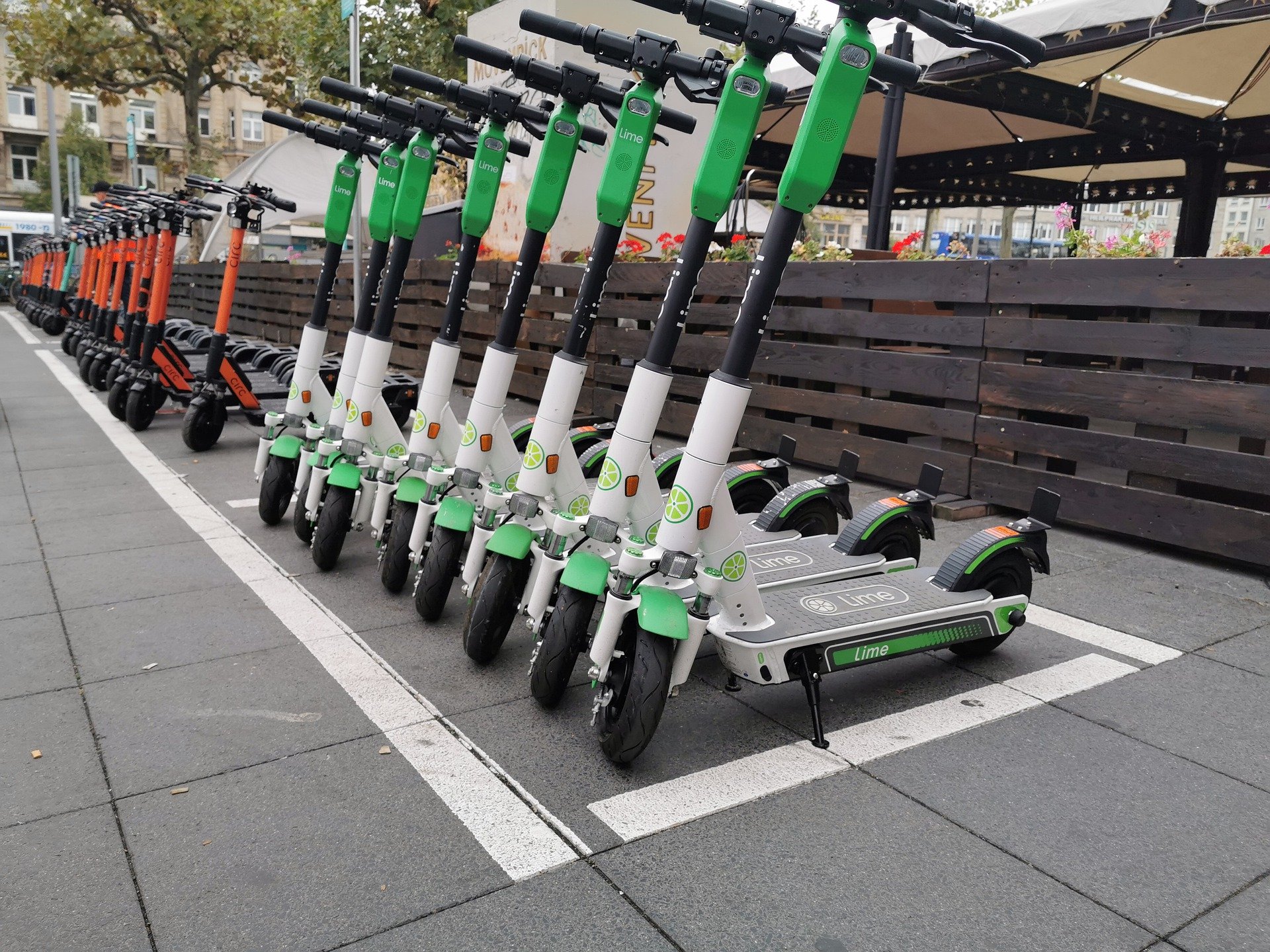

(Image Credit: Rabenspiegel, Pixabay)
Transport for London (TfL) and London councils have announced a competition to select up to three e-scooter companies to participate in a multi-borough rental scheme.
The trial is expected to launch in the spring of next year and last 12 months.
Michael Hurwitz, Director of Transport Innovation at TfL stated: “We’re determined to make sure that London recovers from coronavirus as safely and sustainably as possible and are supportive of innovative solutions that could help.”
The scheme is expected to “start cautiously” with between 50 and 150 scooters per borough, all restricted within trial areas.
The use of private e-scooters is currently illegal on both pavements and roads across the UK because whilst they fall under the same legislation as motor vehicles, they cannot meet the same requirements.
However, new regulations released by the Department for Transport in July 2020 have allowed for initial trials of e-scooter rental schemes.
The trial aims to “promote safety standards and develop a better understanding of the impact of [the] emerging mode of transport on London’s roads.”
Operators will be assessed on their “ability to meet strict safety requirements” and provide data to TfL so they assess how the scheme may influence a reduction in emissions.
E-scooters have been available for day rental in London’s Olympic Park since November 2018 and several other UK trials have been underway for several months, including Middlesbrough and Milton Keynes.
The announcement comes just over a month after the government’s Transport Select Committee released a report on whether e-scooters were a viable option in UK towns and cities.
The report found scooters did have the potential to improve local air quality but speed limits should “be determined at a local level by local authorities.”
London is far from the first city to consider e-vehicle rental schemes. E-scooters have already zipped into several cities across the United States, with 10,000 of them expected to be permitted in Washington D.C. by the end of the year. San Francisco also expects another 4,000 before the end of 2020, a speedy takeover given they only began to appear in late 2017.
Other European countries have already cautiously welcomed e-scooter schemes, with France, Germany and Sweden all imposing a 20km/h speed limit on their vehicles following issues with drink-driving.
France has also seen growing concern regarding scooter dumping, with more than 100 scooters having to be fished from the River Rhône last year.
Moment city’s first legal electric scooter was dumped in Bristol’s Floating Harbour https://t.co/6KlcZJwnL4
— Bristol Live (@BristolLive) November 4, 2020
